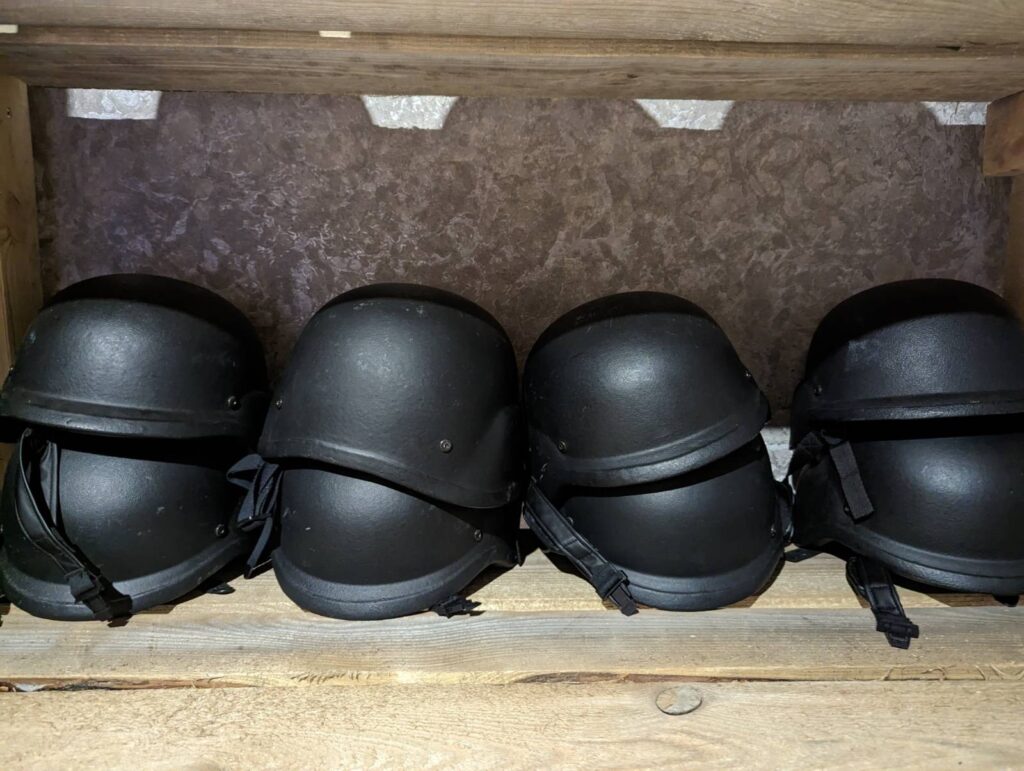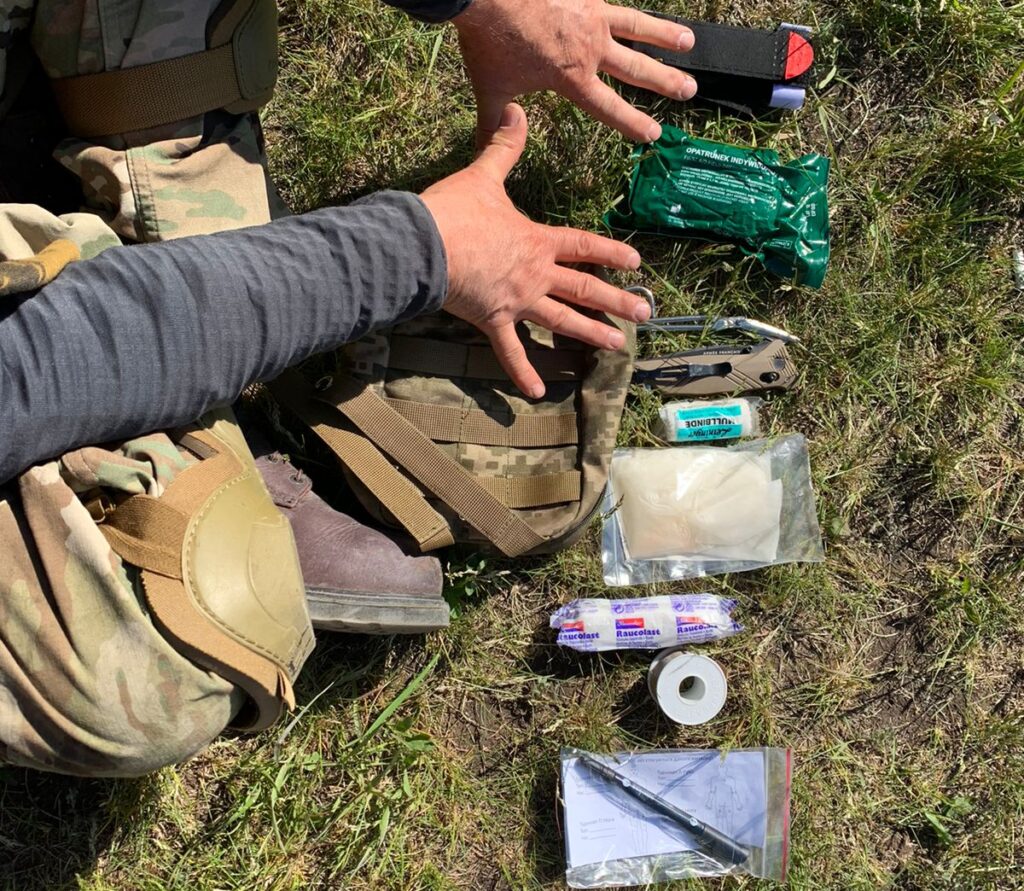The famous military writer James Dunnigan put it well: “Amateurs talk about strategy. Professionals talk about logistics.” His point is no less true in humanitarian work, whether you are doing plastic surgery in Guatemala or evacuating refugees under fire in Donbas.
The logistics person in a humanitarian group has three basic responsibilities:
- Research. This means finding out what the needs are, and finding out the options for meeting those needs.
- Procurement. This means finding out where the things that you need can be gotten, where they can be gotten at a price that you can afford, and how they can be transported to where you are.
- Accounting. This means knowing what inventory that you have on hand, knowing where it is going, and in the case of non-consumable gear such as helmets, body armor, and first aid kits, knowing whether or not it has come back.

It is not the most glamorous job in the world. But, whether you are working in a peacetime environment or in a war zone, it is certainly one of those jobs that makes everything else possible. A good logistics person, like Ivan of the Ukrainian NGO Community Self Help, will deal with lack of availability of medical supplies by asking a medical person for alternative materials. Ivan is deeply familiar with the technical details of the supplies that he is asked to procure, and when he does not know something, he finds someone to ask. This lets Community Self Help keep a constant supply of medical materials flowing to hospitals, chaplains (proxy medics in most wars), and medical personnel at the front.
What kinds of things go wrong if you don’t have a good logistics person? There are many stories.
A medic orders hundreds of boxes of EKG paper – for electrocardiographs that will soon be replaced with machines that take different paper. (failure of research.) You spend $10’000 of donations on equipment, when the need could have been met by $800 dollars of equipment. (A failure of research again.) You have a load of supplies shipped from the US, but they sit in Kyiv for a week before they make it to your area of operations. (This is a failure of procurement.)

A medic spends a day sorting medical supplies; some random guy spends three days mixing them back together. (This is a failure of accounting.) Someone walks out the door with four sets of body armor, someone loses track of a medical bag and does not realize it until it is too late to go back and find it, someone else gets confused about what belongs to whom and walks out the door with all of your chest seals. (Again: accounting.)
A good logistics person can save lives
A good logistics person will probably never fire an AK-47 – but, he/she knows enough about them to make sure that the troops have lots of the replacement parts they are likely to need, and not too many of the ones that will probably never get used. He/she will probably never apply a tourniquet, but will make sure that when you do, it will be a good one. He/she will probably never carry a little old evacuee down from the top floor of an apartment building, but when you do, it will be strong enough to carry that little old lady, and light enough for you to carry it upstairs while wearing full body armor. You will probably never see him or her, you will probably never even know their name – you will probably never be able to thank them for saving your life.
>>Would you like to volunteer to be our logistics person? Apply through the volunteer application page.
